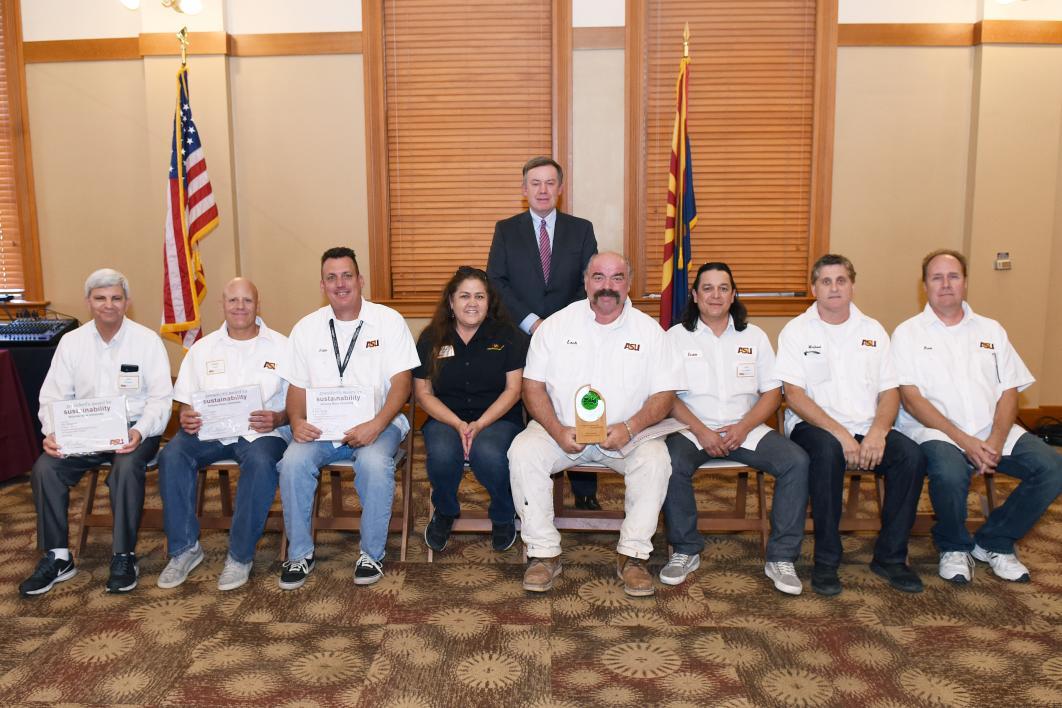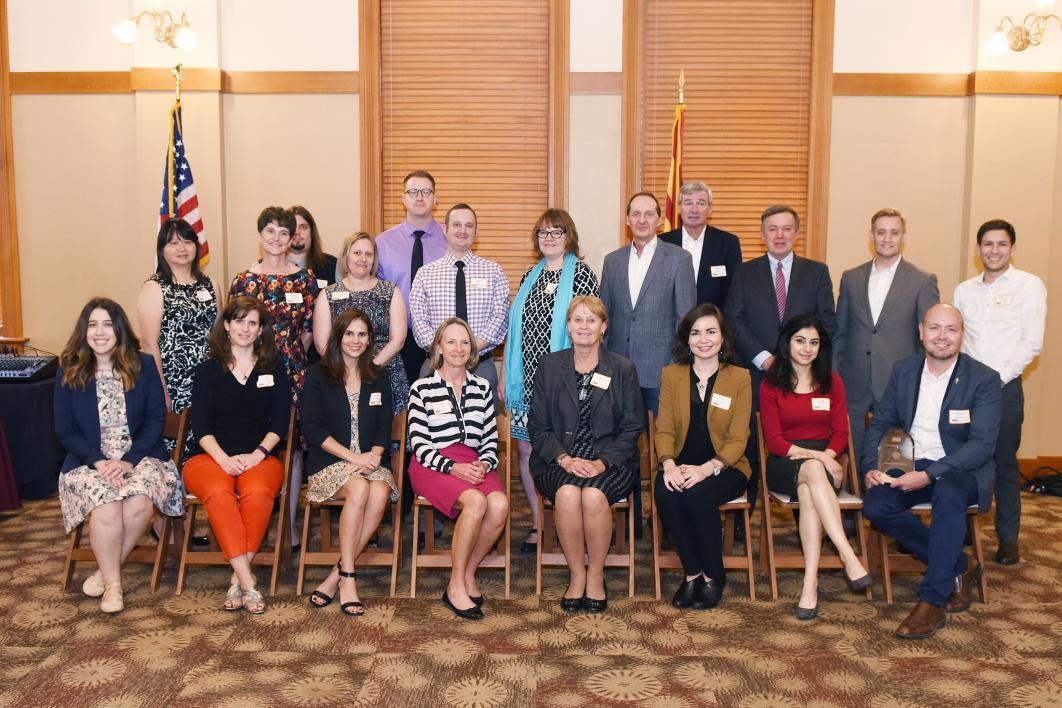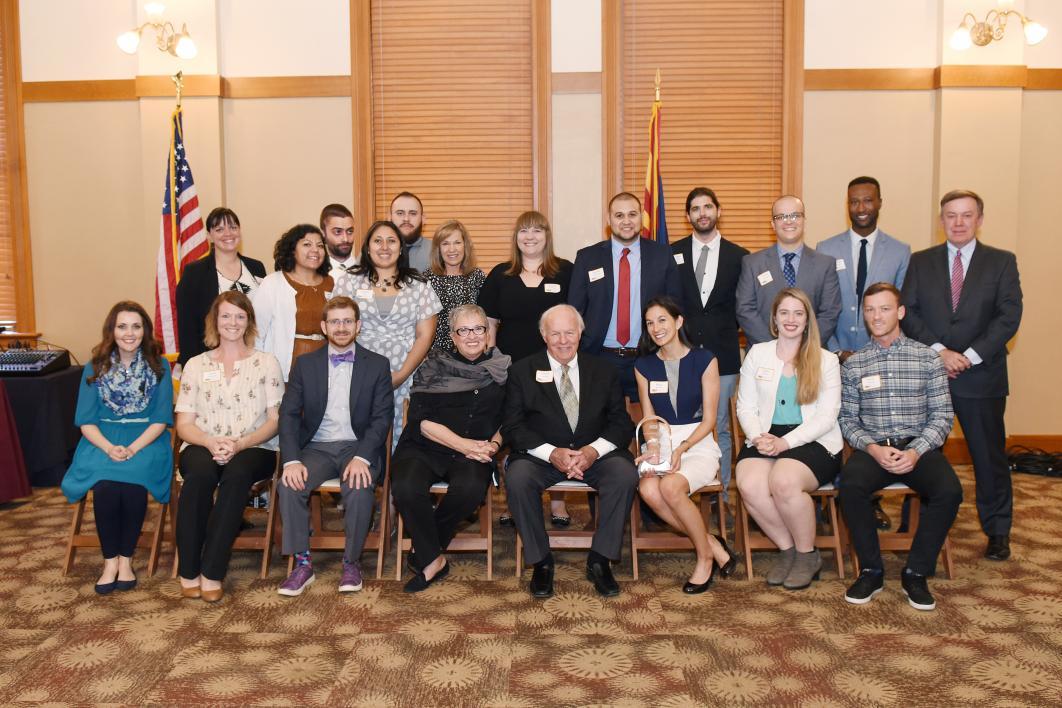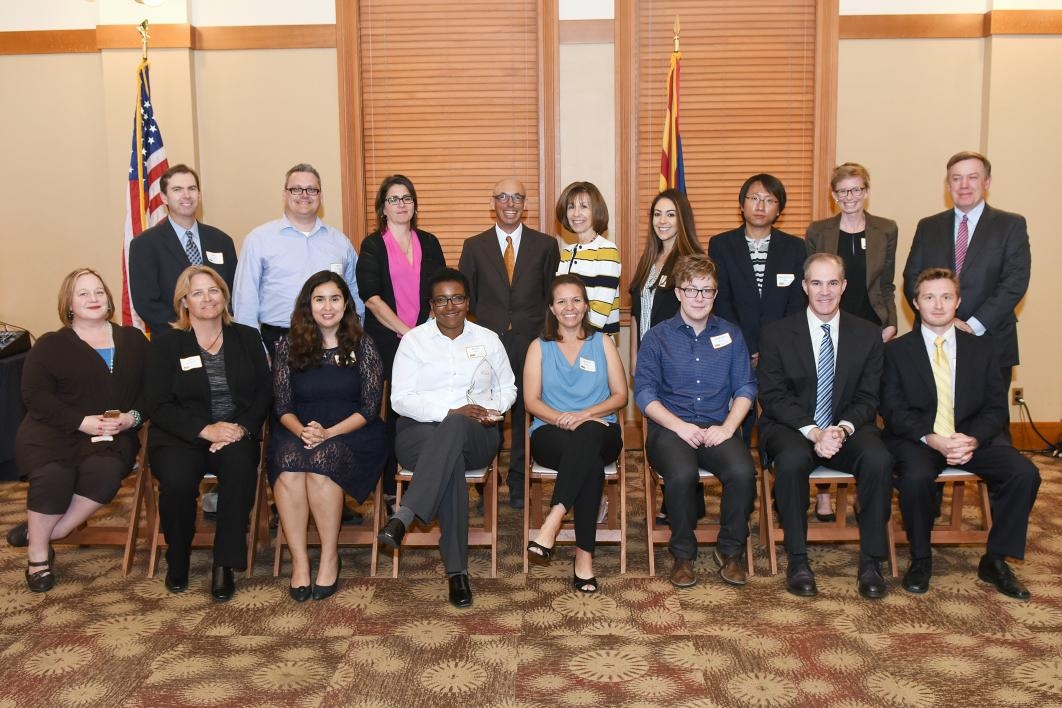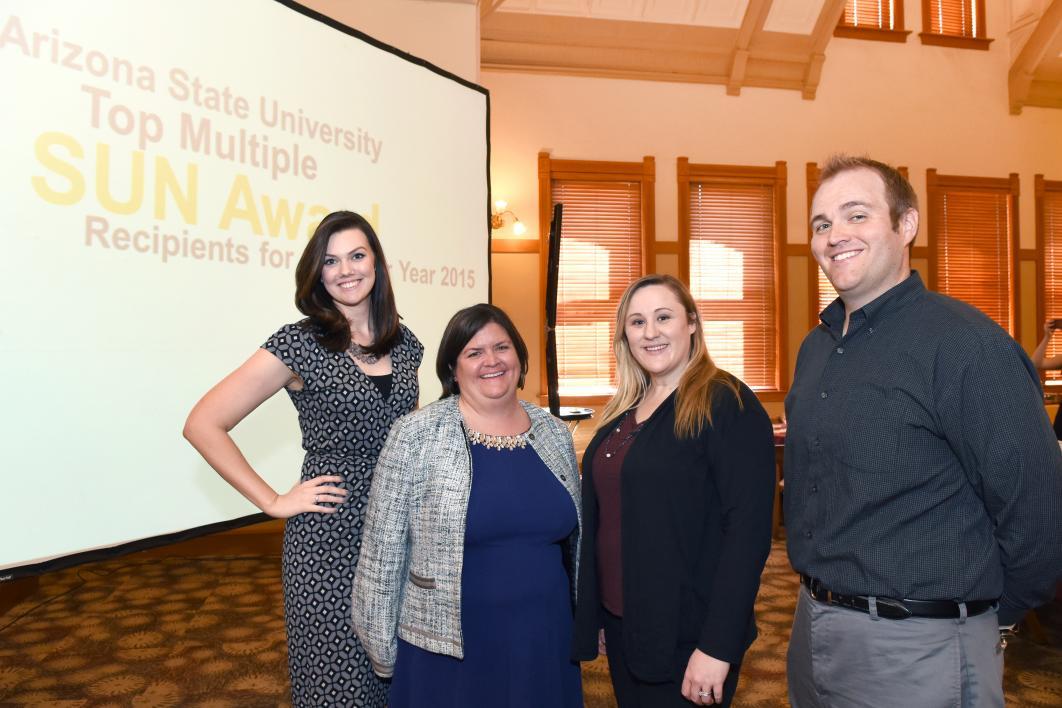Honoring innovation at ASU
Free online classes for teachers among several ASU initiatives to be honored by President's Awards
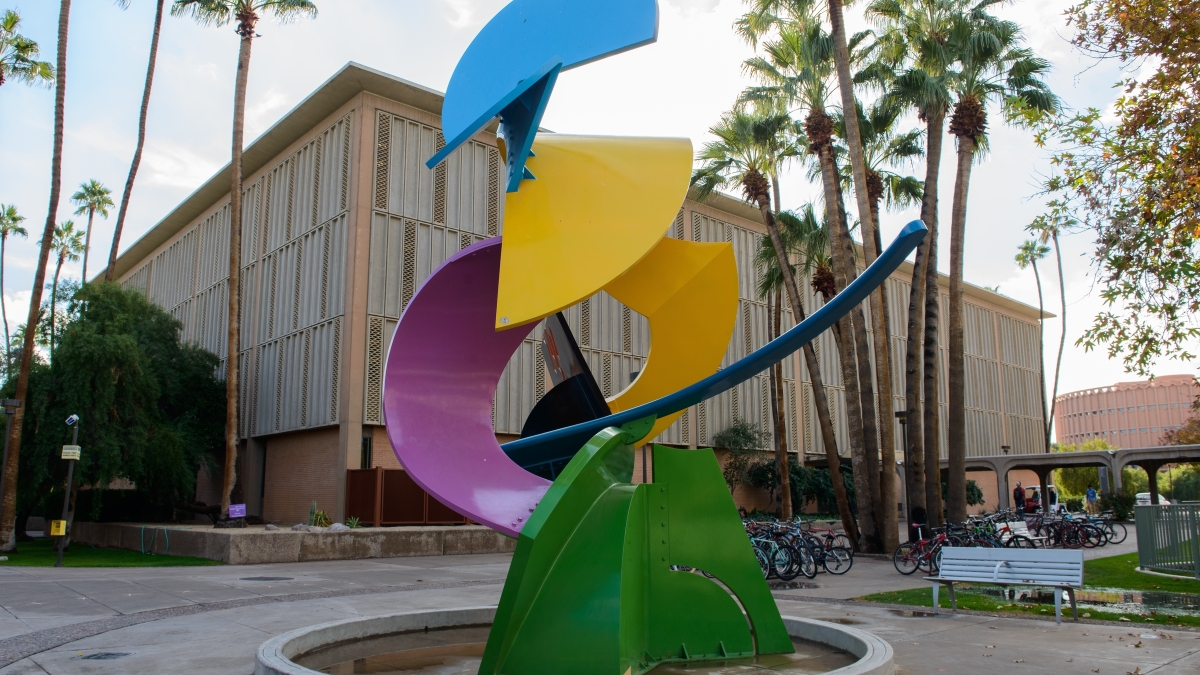
Classroom teachers are more crunched than ever, and many see time spent on professional development as inefficient and a waste of resources.
Arizona State University is working to help teachers build their skills through a series of free online modules.
The micro-courses — each an hour or less — have been created by the Sanford Inspire Program, part of the Mary Lou Fulton Teachers College at ASU.
The program, funded by the Denny Sanford Foundation, looks to remake professional development for teachers, who can log on any time they want and take courses in how to give clear directions on a task, integrating physical activity into a lesson, how to motivate students and dozens of other topics.
Sanford Inspire is so distinctive that it has won the President’s Award for Innovation for 2016.
“It is a huge honor to be selected for this competitive award at an institution that is known for innovation,” said Ryen Borden, executive director of the Sanford Inspire Program.
“Earlier this year, ASU was named the nation’s most innovative university by U.S. News & World Report, adding to the depth and meaning of this university-wide recognition.”
Sanford Inspire is one of two winners of the President’s Award for Innovation this year. The other is the Starbucks College Achievement Plan, a unique partnership to expand access to higher education. Under the initiative, Starbucks employees who work as little as 20 hours per week can finish a bachelor’s degree with full tuition reimbursement through any of ASU’s online undergraduate degree programs. There is no obligation for partners to stay at Starbucks after they graduate from ASU.
Other winners to be recognized at the President’s Recognition Reception on Tuesday, April 12, are:
President’s Award for Sustainability: The No Wasted Paint Program by Facilities Management. This initiative finds old paint throughout the campus, accommodates requests by departments and contractors to pick up leftover paint and accepts paint that has been delivered anonymously to their shop. The paint is cataloged by building, color and date and used for projects such as graffiti cover-up. The reclaimed paint is also given to students and departments for approved projects.
Since the No Wasted Paint Program began in 2008, 1,547 gallons of leftover paint have been used on campus, which has averted sending 28 55-gallon drums out of state as hazardous waste. This has saved the paint shop almost $31,000 in paint purchases and avoided $3,100 to $4,600 in hazardous-waste disposal fees.
President’s Medal for Social Embeddedness: FitPHX Energy Zones. This program offers free fitness and nutrition education to middle-school students at public libraries. It’s a collaboration among ASU’s Obesity Solutions initiative, the City of Phoenix Parks and Recreation, Phoenix Public Libraries, the Phoenix Mayor’s Office, Mayo Clinic, Maricopa County Department of Public Health and several ASU schools and colleges.
The program provides ASU undergraduates with a real-world internship, training the next generation of professionals and providing role models to youth.
SUN Award for Individual Excellence
- Stacey Bales, coordinator for engineering student success, Ira A. Fulton Schools of Engineering, Polytechnic campus
- Haley Chapman, associate director for academic services, New College of Interdisciplinary Arts and Sciences, West campus
- Brian McCarthy, University Registrar Services
- Kate Opitz, academic success coordinator, College of Health Solutions, Downtown Phoenix campus
More Health and medicine
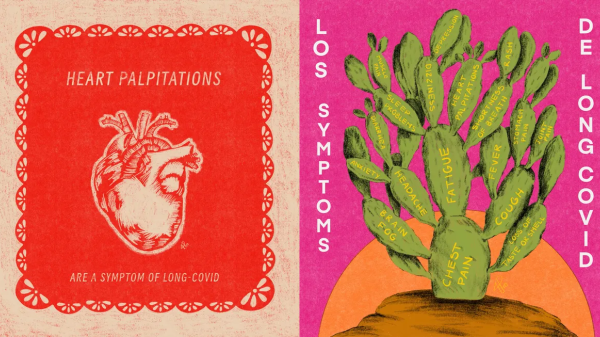
Health communication program brings long COVID awareness to Latinos
After COVID-19 hit the Latino community especially hard, Gilberto Lopez created COVIDLatino, a health communication program designed to share accurate, timely, evidence-based and culturally tailored…
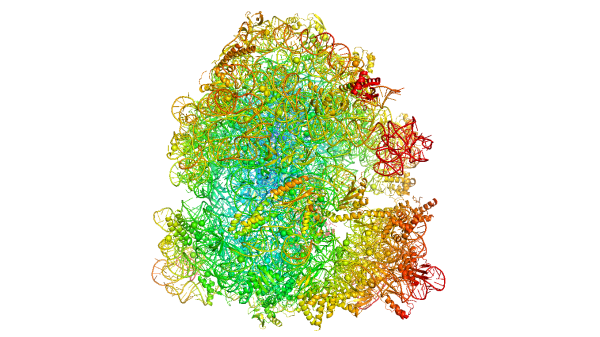
Gates Foundation to fund research on antibiotic resistance
Antibiotic resistance, what happens when germs develop the ability to defeat the drugs designed to kill them, is a growing concern among scientists today. When bacteria become resistant to…
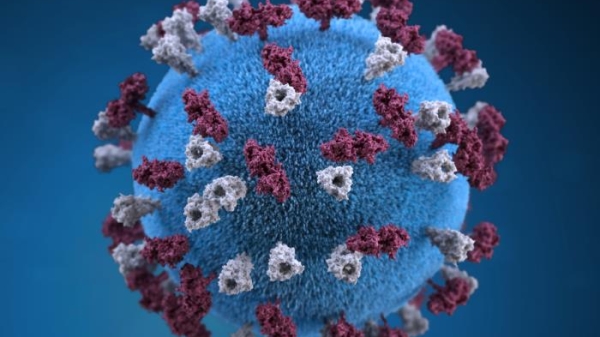
ASU epidemiologist on the rise in US measles cases
The Centers for Disease Control and Prevention issued an alert this month about a rise in measles cases worldwide. And as of March 21, a total of 64 measles cases were reported in 17 states,…
